Looking to give your Siamese cat some extra vitamins? Vitamins are beneficial for your feline friend. However, consult your veterinarian before adding any supplements to your pet’s diet.
The best way to determine whether your cat needs vitamins is to discuss their health and diet with your vet. Certain factors, such as age and activity level, can impact a cat’s need for extra vitamins.
This article will help you understand what benefits vitamins provide for your pet. Keep reading to learn more!
What Kind of Vitamins Should I Give My Siamese Cat?
There are a variety of different types of vitamins available for Siamese cats. Siamese cats generally need vitamins D, K, E, and A.
1. Vitamin A
One of the most essential nutrients that cats get from meat is vitamin A.
This vitamin is necessary for good vision, immunity, and cell growth. Cats cannot convert beta-carotene into vitamin A unlike dogs.
Thus, they must consume animal-based sources of vitamin A to meet their nutritional needs. These might include sources such as liver or fish oil.
Be mindful of how much vitamin A your cat consumes daily. Too much vitamin A can be toxic. You must follow the feeding recommendations on the cat food label.
2. Vitamin D
Vitamin D supports the growth and maintenance of bones in Siamese cats. There are several dietary sources of vitamin D.
Some good choices include fish oils, fatty fish like salmon or tuna, and milk alternatives.
You can also help to support your cat’s bone health by providing exercise and playtime outdoors.
3. Vitamin K
Vitamin K helps clot blood and prevents excessive bleeding in cats.
One thing to keep in mind is that this nutrient can interfere with certain types of medication. Talk to your vet if your cat is taking medications that affect blood clotting. They should tell you whether you should avoid foods and supplements high in vitamin K.
4. Vitamin E
Vitamin E is an antioxidant that helps protect the body from harmful free radicals. This supports a healthy immune system and can help keep your cat’s skin and coat looking their best.
I was a little worried about Batman’s diet. I would give him wet and dry food, but I wasn’t sure if he was getting all the nutrients he needed.
I started adding vitamins to Batman’s diet a few months ago. I have to say, the difference is incredible! His coat is so shiny and healthy-looking. He doesn’t seem to be as prone to getting sick.
He was healthier and happier than ever! He became more active and playful than ever before. He would run around the house at top speed and play for hours.
What is the Ideal Diet for Siamese Cats?
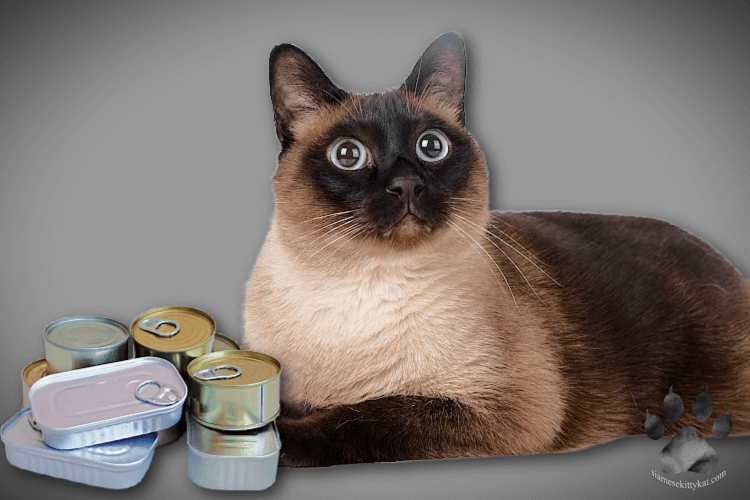
1. Protein – A Siamese cat’s diet should have at least 28% protein. Some sources of protein in cat food include meat, fish, and eggs.
Protein is an essential part of any feline diet. The benefits of protein for cats are:
- It helps to support healthy muscle development and maintenance. This is crucial for your cat’s mobility and overall health.
- It is vital in tissue repair and regeneration. This keeps your cat strong and agile throughout her life.
- It can help support a healthy immune system. It provides the building blocks for producing antibodies in your cat’s body.
- It helps regulate your cat’s weight. Protein takes longer to digest than other nutrients. Thus, eating more protein can help your cat feel full longer and avoid overeating. This can help prevent obesity or other conditions like diabetes or heart disease.
- Protein-rich foods promote strong bones and teeth.
2. Carbohydrates – Siamese cats need at least 36% carbohydrates in their diets.
Carbohydrates provide the fuel Siamese cats need to run, jump and play throughout the day. It keeps your cat’s digestive system healthy by helping to regulate normal bowel function.
3. Fiber – Feed your Siamese cat a high-quality food that contains at least 3% fiber.
Fiber can help support healthy digestion. It promotes regular bowel movement in Siamese cats and prevents constipation.
4. Fat – Siamese cats need at least 21% fat in their diet.
One of the most beneficial aspects of including fat in your Siamese cat’s diet is its effect on skin and coat health. The high-fat content in many quality cat foods helps keep your cat’s fur shiny and soft. They also protect against dryness and irritation that can lead to itchy skin.
Omega-3 and omega-6 fatty acids are crucial for cellular processes in a Siamese cat’s body.
5. Vitamins – a Siamese cat’s diet should have at least 2% vitamins.
Some of the key benefits of including vitamins in your Siamese cat’s diet include:
- Increased energy levels
- Improved immune function
- Better digestion
- Healthier skin and fur
- Healthy vision and neurological function
6. Minerals – Siamese cats’ diet should contain at least 6% minerals.
There are several advantages of including minerals in a Siamese cat’s diet:
- These nutrients play an essential role in bone growth and development.
- They can help to improve skin health, boost immunity, and regulate metabolism.
- Siamese cats are prone to specific health issues related to mineral deficiencies. These include kidney disease or poor dental health. Ensuring that they get enough of these nutrients can help minimize these risks.
Minerals, like calcium, reduce plaque buildup on teeth and prevent gum disease. Other minerals like phosphorus support kidney function.
How Can I Include Proper Doses of Vitamins and Minerals in My Siamese Cat’s Diet?
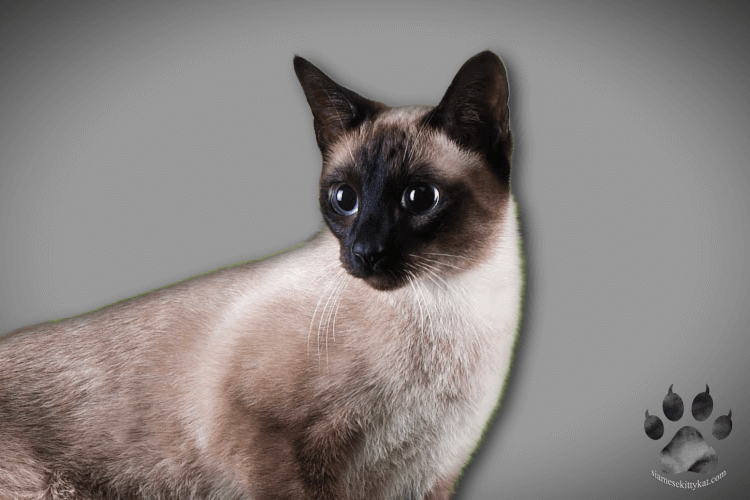
The key to ensuring that your Siamese cat gets the proper doses of vitamins and minerals is to consult a nutritionist or other qualified healthcare professional.
These experts can help you identify the specific vitamins and minerals most important for your cat’s health and recommend appropriate doses and sources of these nutrients.
Some good food options for including these nutrients in your cat’s diet include fresh meats. Some commercially available cat food products also contain optimal amounts of key nutrients.
Always ensure you feed your Siamese cat at regular intervals throughout the day. This will help maintain their fluid balance and support healthy organ function.
Monitor your cat’s health to ensure he thrives on his new diet. This includes paying attention to any changes in appetite or energy level. You should also monitor weight gain or loss over time.
Schedule an appointment with your vet if you notice significant
changes in behavior or physical appearance. They will tell you how best to adjust your pet’s nutrition plan.
What Food Should I Feed my Siamese Cat at Different Life Stages?
Your Siamese cat’s diet depends on age, activity level, and health needs.
You should provide kittens with a diet high in protein and fat. This will help support their growth and development. A good option for kittens might be high-quality kitten food, which you can find at most pet stores or online.
Your Siamese cat’s food should still be well-balanced when he reaches adulthood. You need to follow the percentages of fat, protein, vitamins, and minerals recommended by your vet. You may also want to look for food that helps prevent weight gain or obesity.
As your Siamese cat ages and becomes more sedentary, their diet should include less protein and fat than they might have required when they were younger. This is due to their lower activity levels. Other special considerations may also be necessary if your cat has sensitive skin or digestive issues.
Vitamins are an essential component of a healthy diet for Siamese cats. They help support many key metabolic processes throughout the body.
Consult your vet to determine if your cat needs vitamins and what types would be most beneficial.
You can ensure that your Siamese cat receives the proper nutrition needed to live a long and healthy life.
We gathered all the health tips tailored towards maintaining your Siamese cat’s optimal well-being. Check it out here: Siamese Cat Health: A Complete Guide

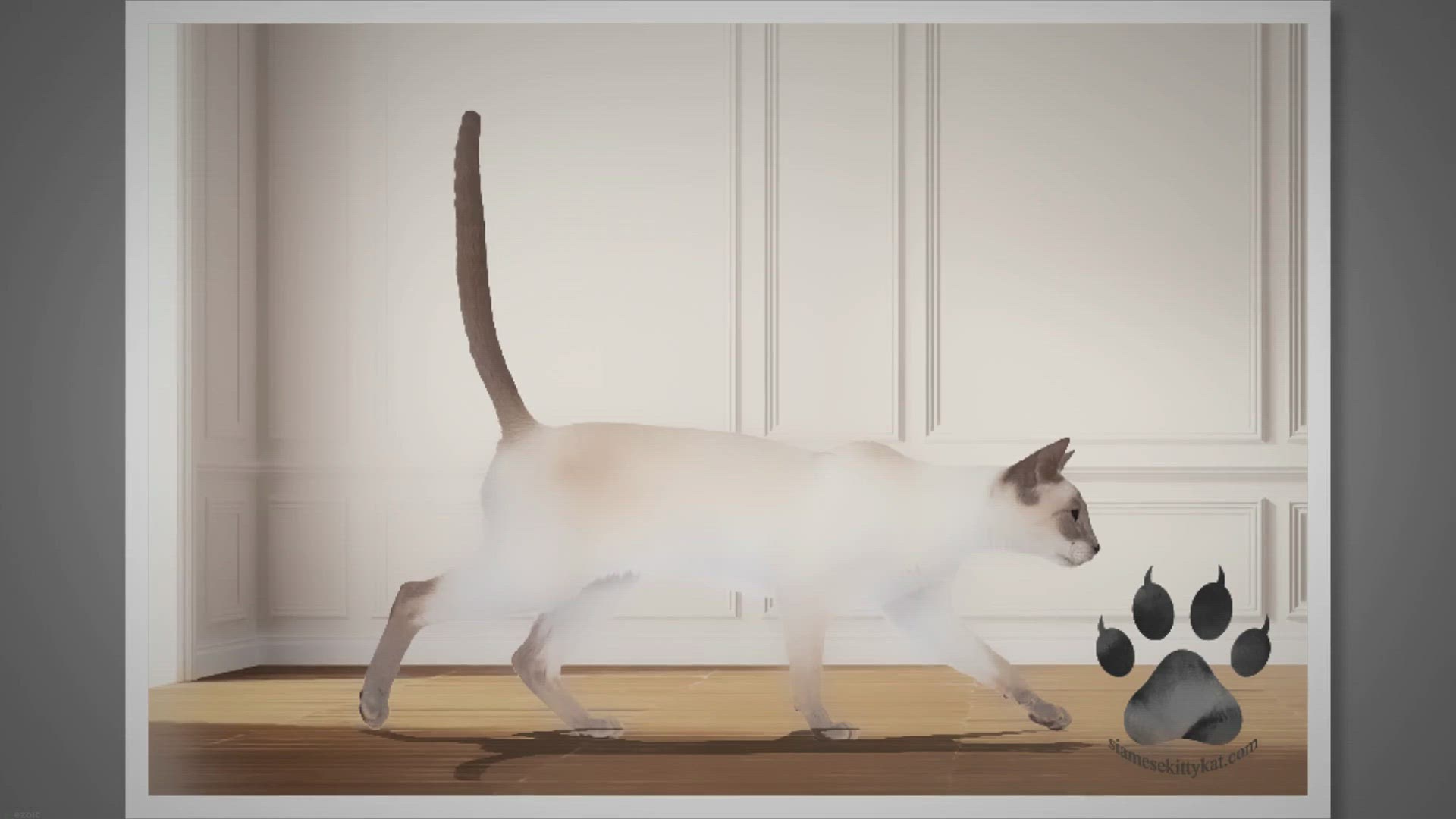

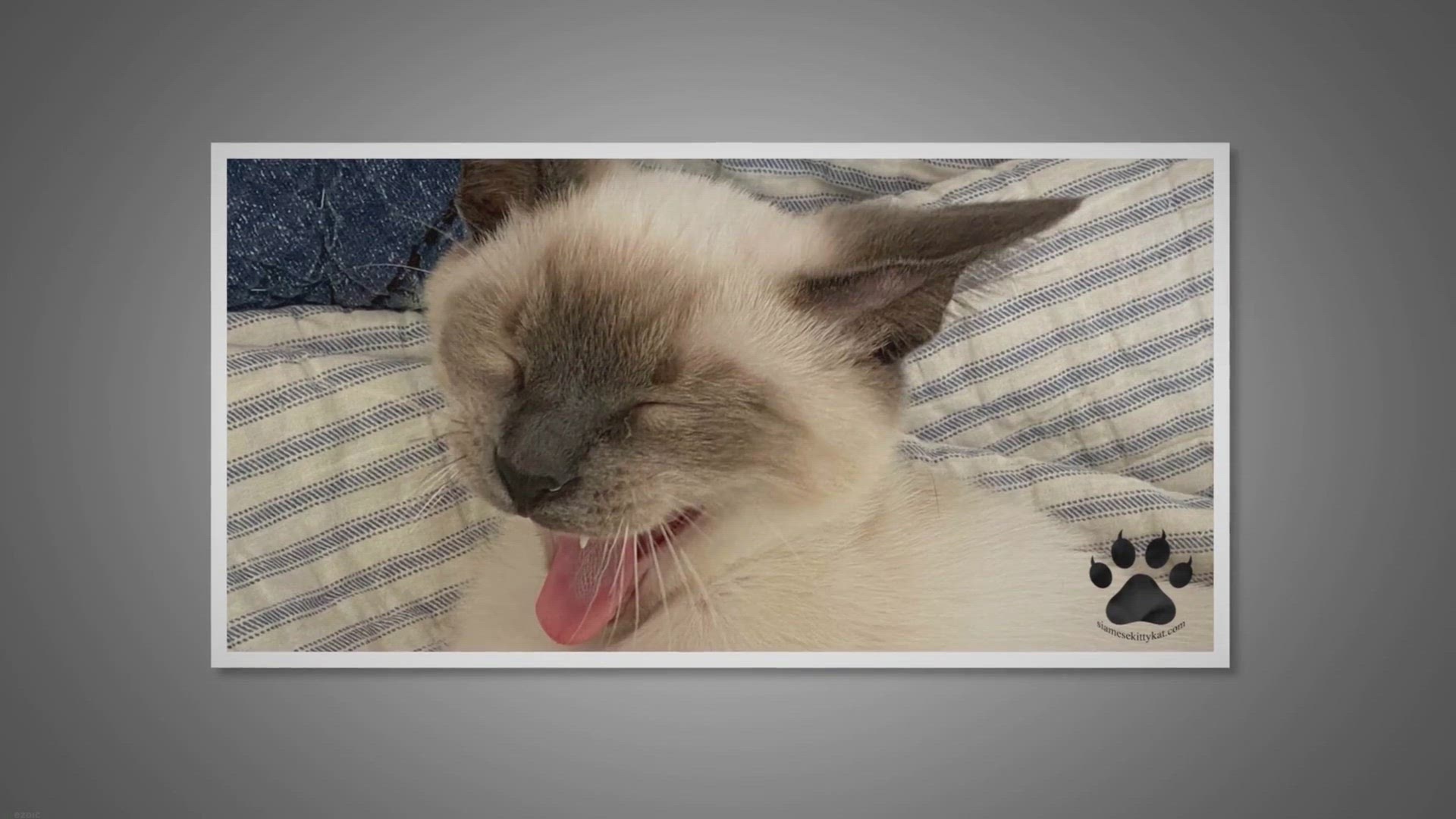
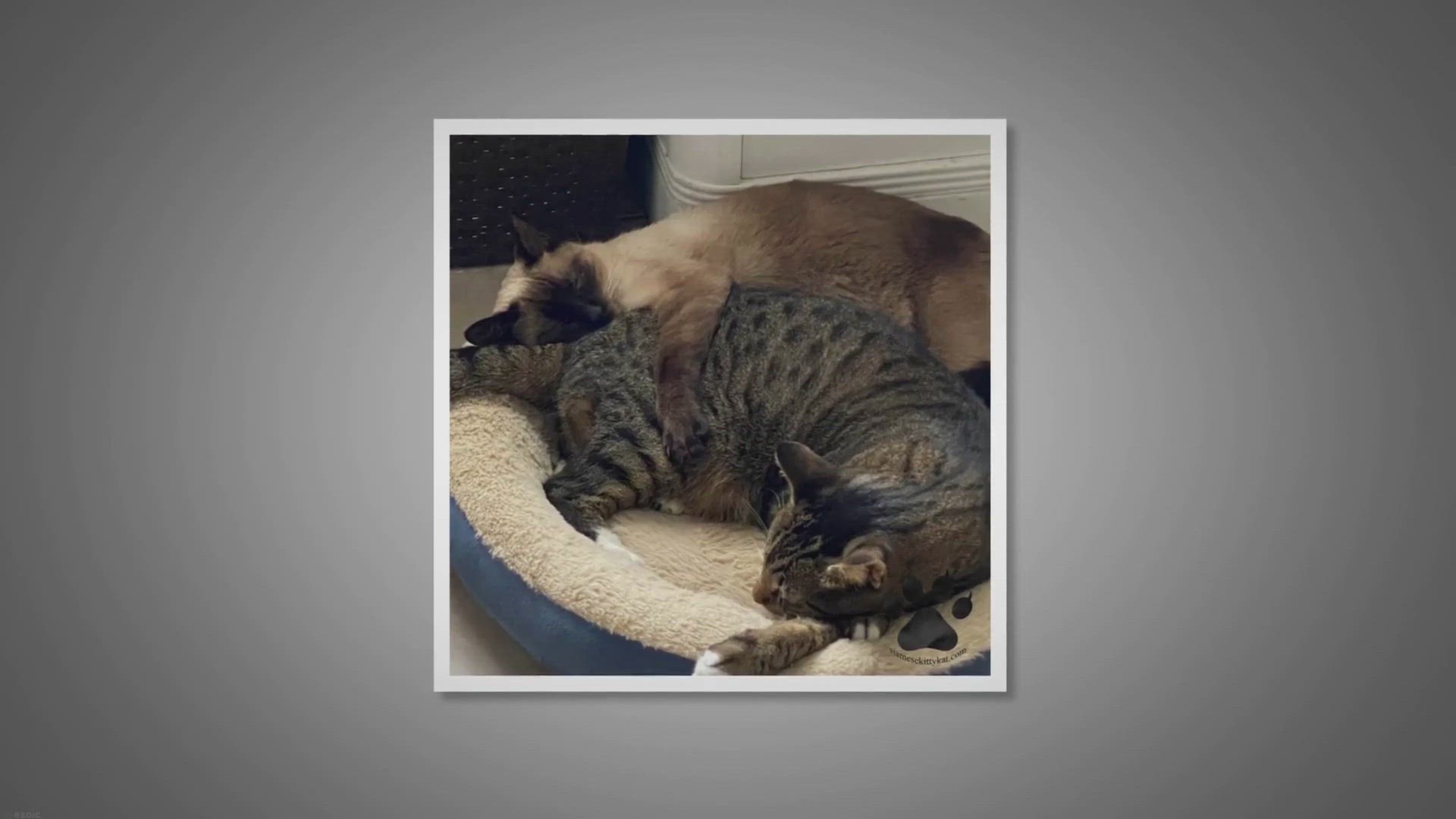
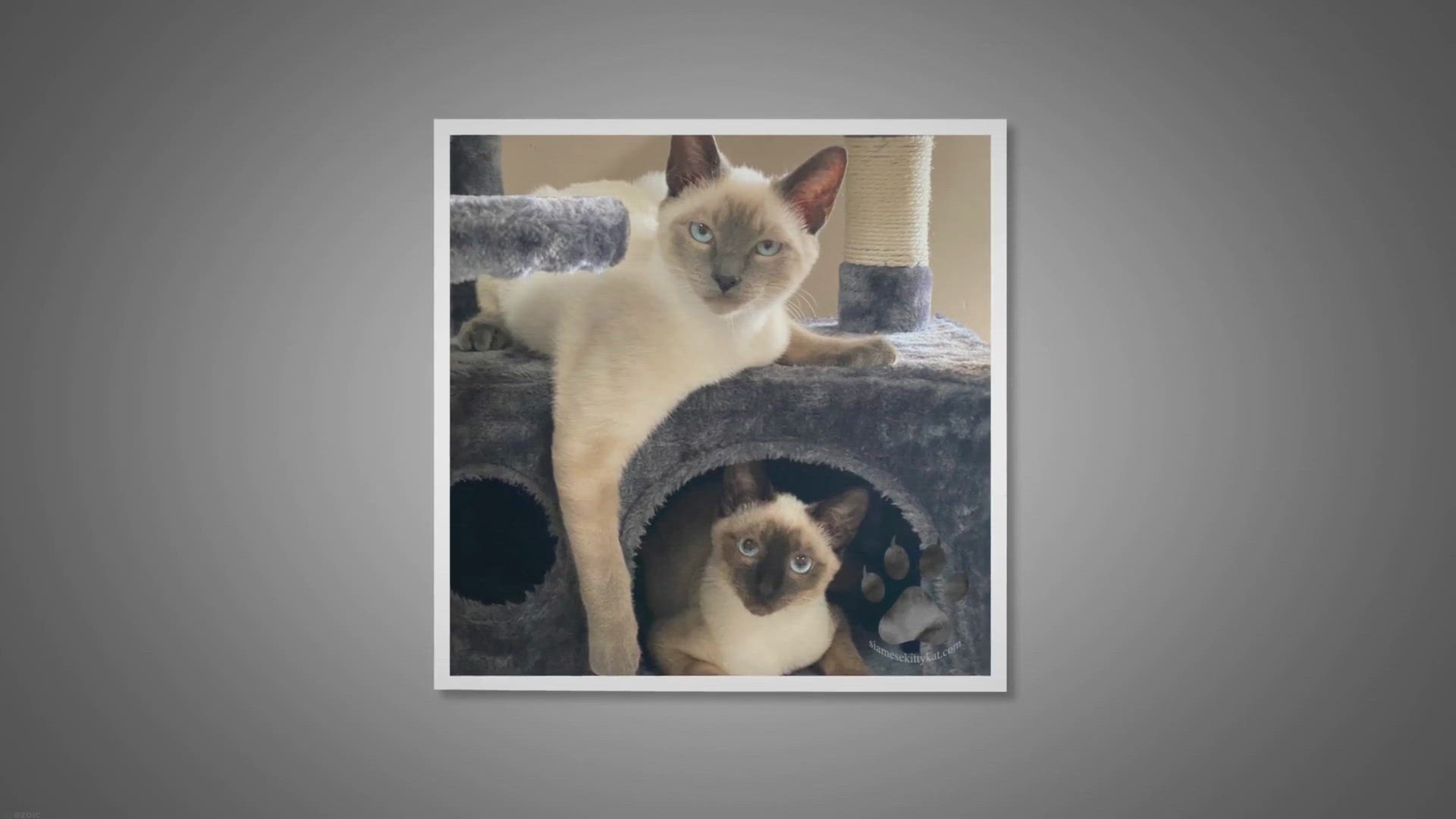
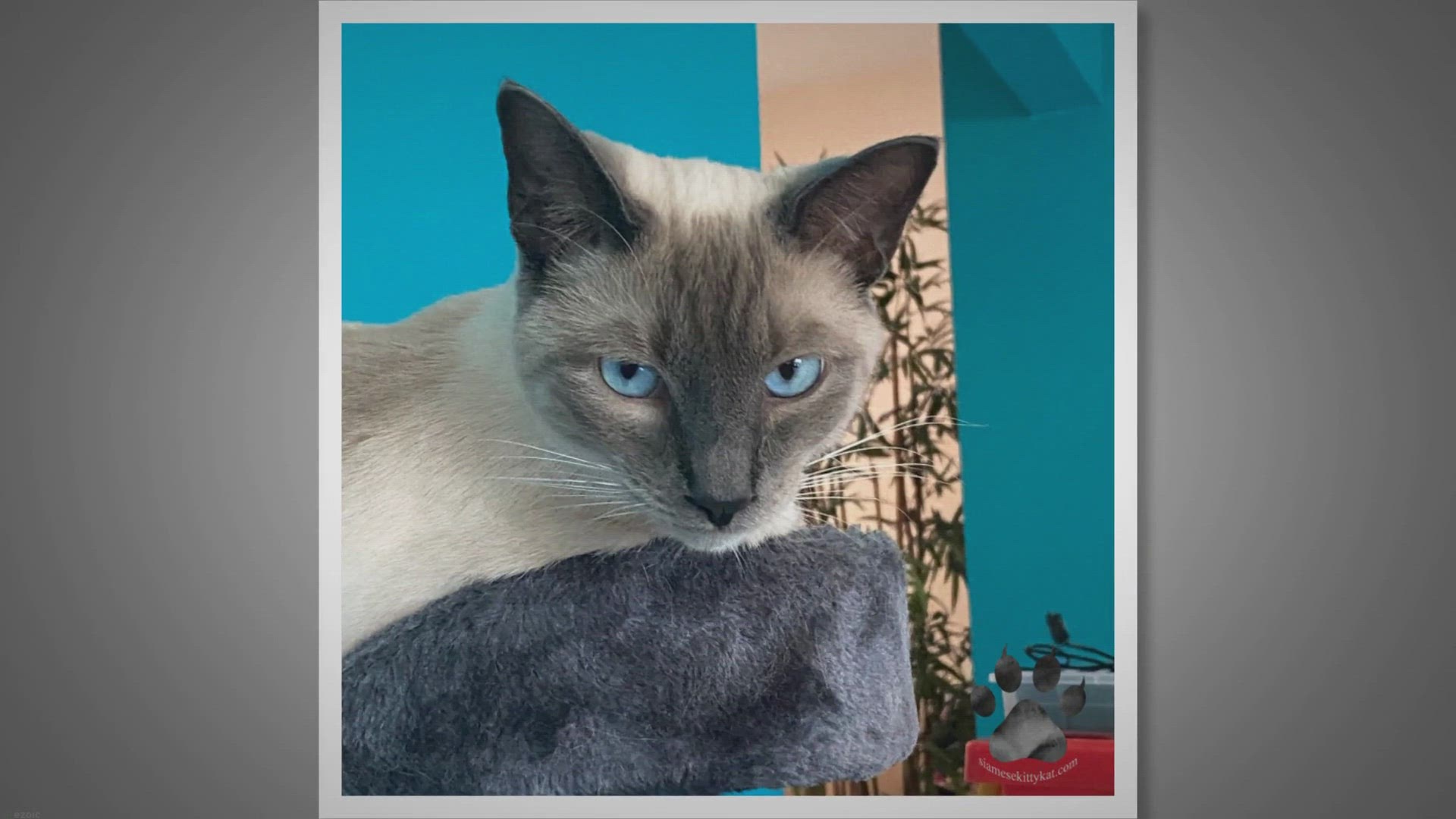
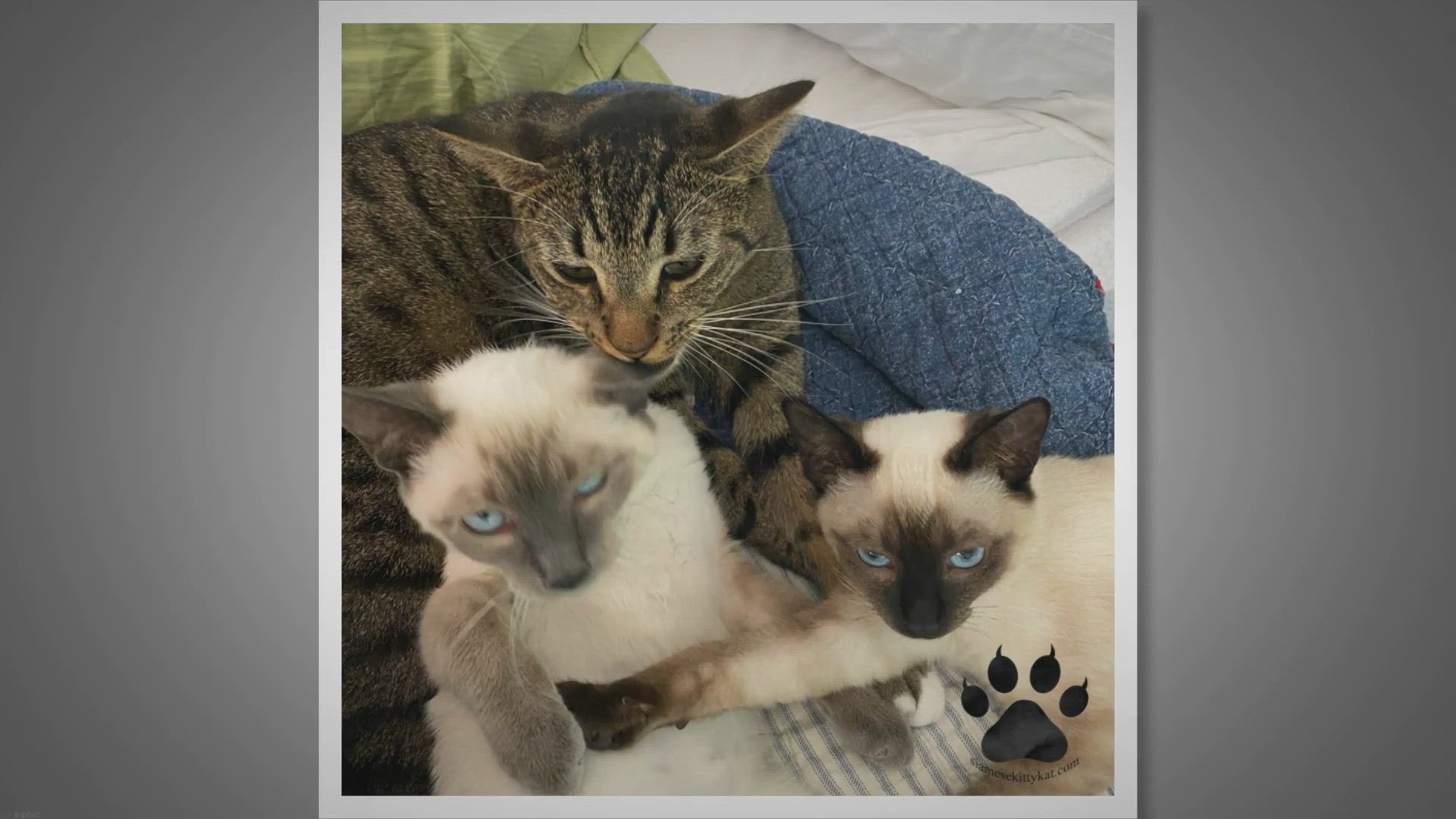
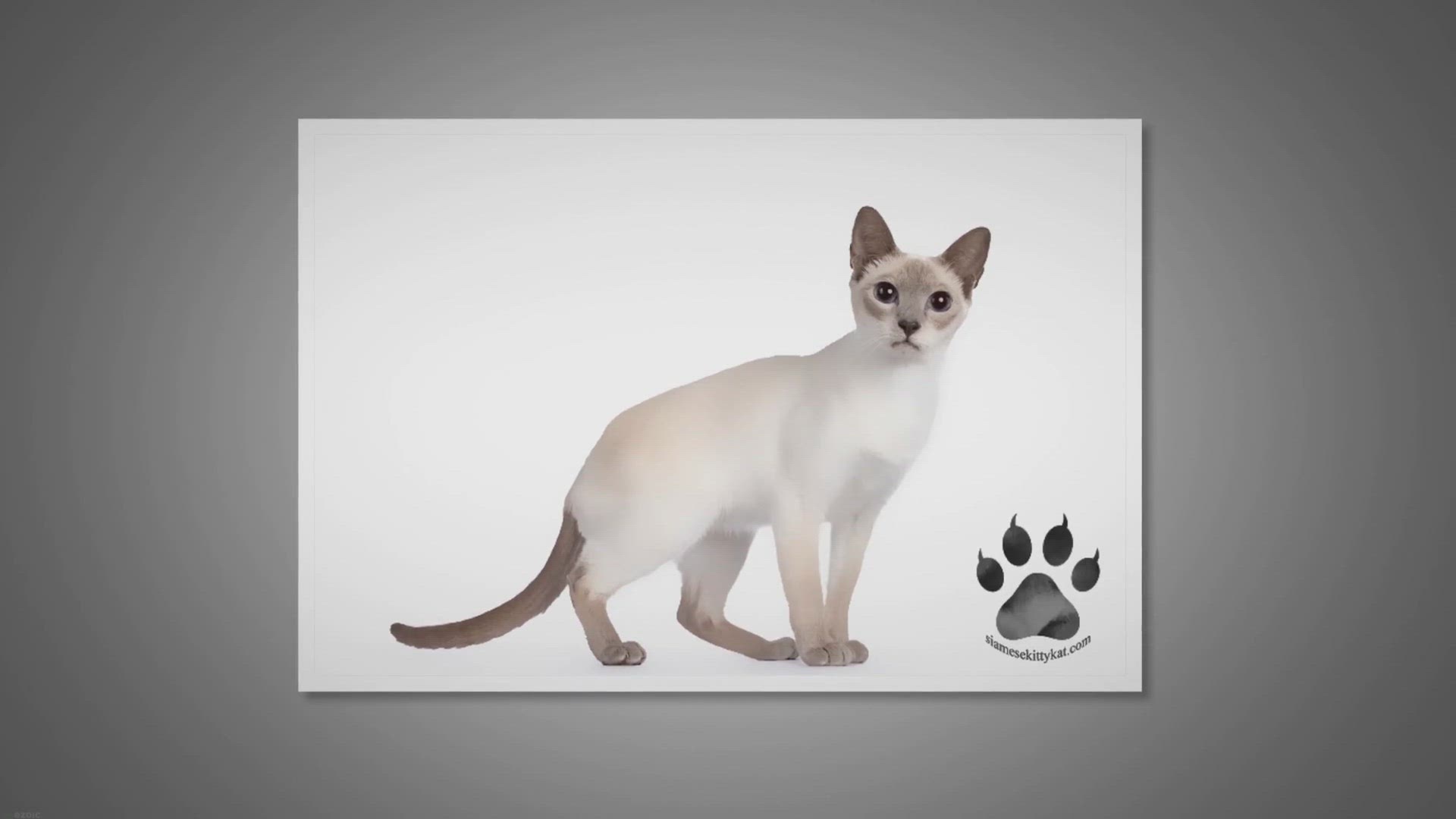
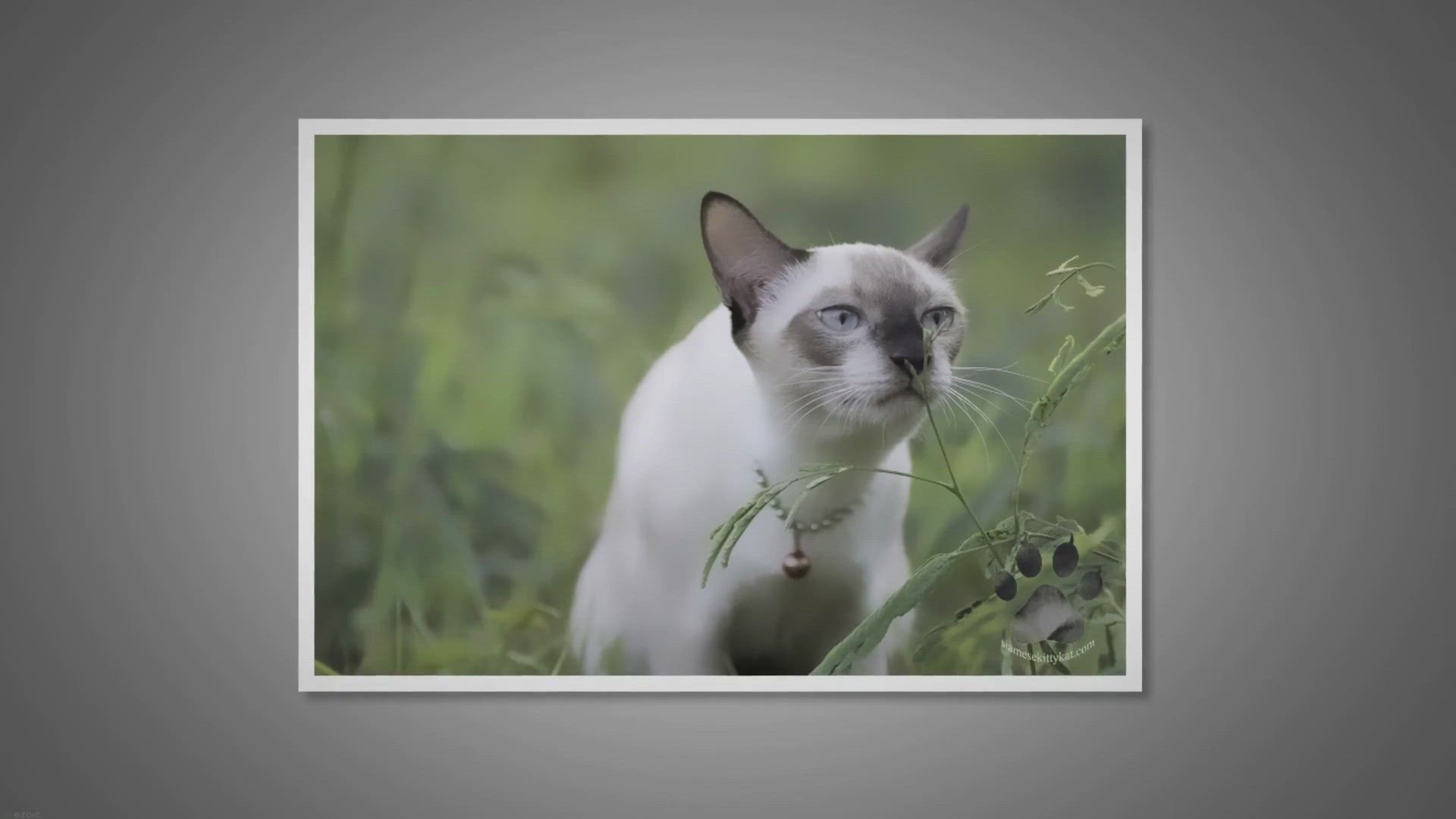
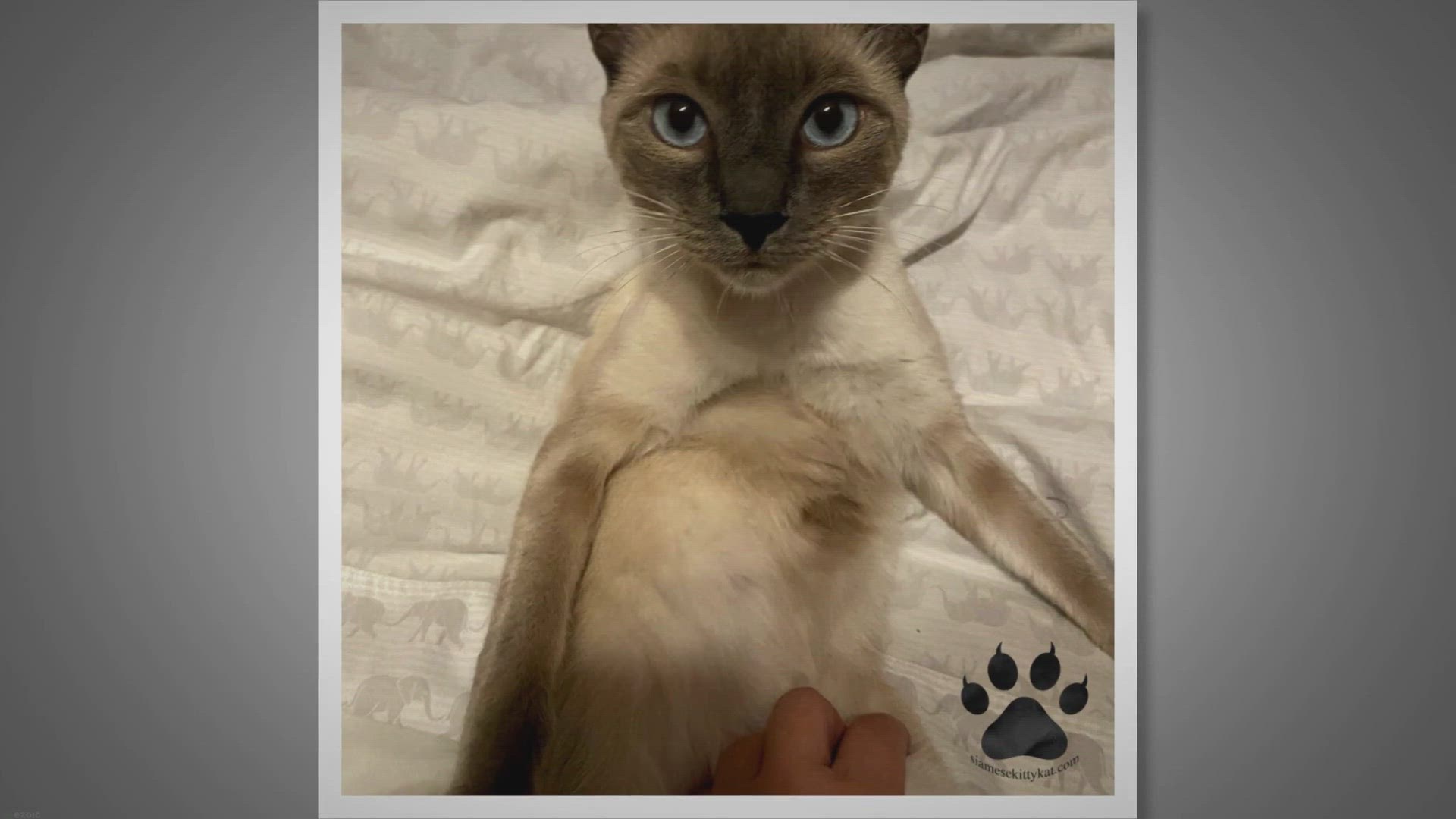
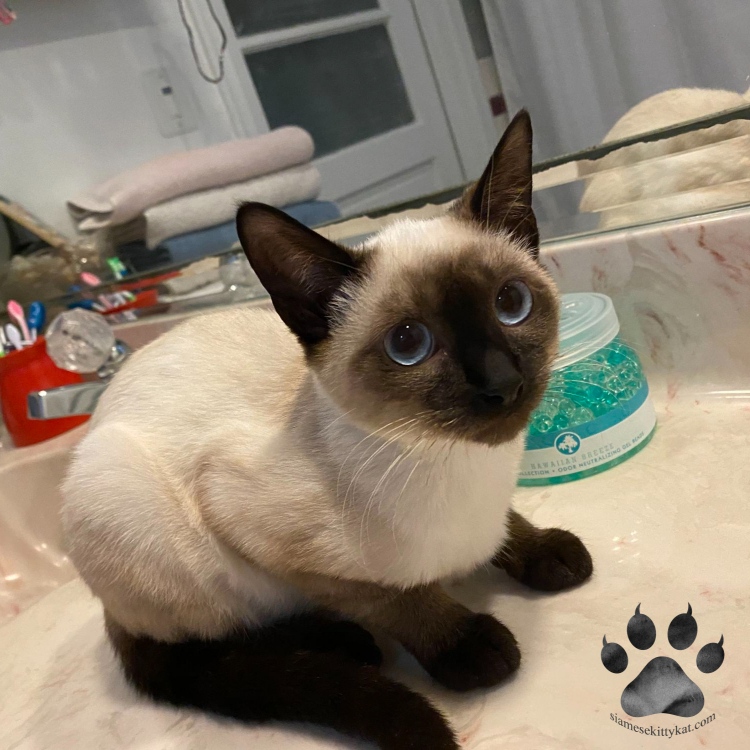
 Affiliate Link Notice
Affiliate Link Notice